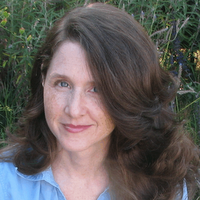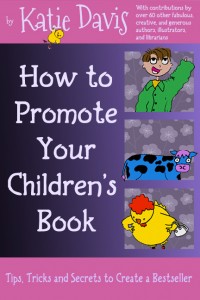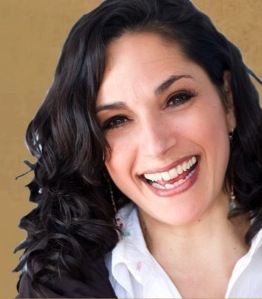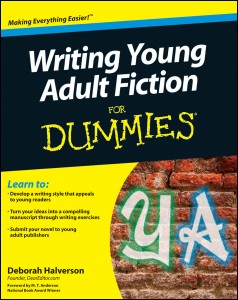Dear Editor…
I have a question about whether to use my pen name or not in correspondence with agents and editors. I don’t want to cause confusion. My real name is JoJo. My email address is NOT JoJo, it’s my pen name. I want to do business as my real name, but it doesn’t match my email address… how can I avoid confusion?
Sincerely,
JoJo
Dear JoJo…
Don’t give submission confusion about your second name a second thought. Plenty of author email addresses don’t match their names. Simply sign “[Real Name], writing as [Pen Name]” in the body of the email as your query letter signature. After your book is under contract and you’ve established a relationship with your agent or editor, still include that line, right below your casual signature. The reminder will be there, always. Create a keyboard shortcut to make that happen easily for you. If it becomes appropriate to do so in the future, set that as your official “default signature” on ALL emails. (You can do that through your email’s Settings tab.) Do you have a default signature yet? Set one up! It’s effectively your virtual business card. It appears on every email you send, automatically. List all your social media addresses, your website/blog, and your publications. People will refer to that info-packed signature when they create a Contacts entry for you, or they’ll use it to look you up on social media so they can follow you. The default signature is my starting place when I’m adding a new colleague to my Contacts. And when someone from whom I haven’t heard in a long time pops up in my inbox, I flash my eyes to the bottom of the email, looking for reminders. “Ah, yes, it’s JoJo!” Confusion averted.
Happy writing!
The Editor



